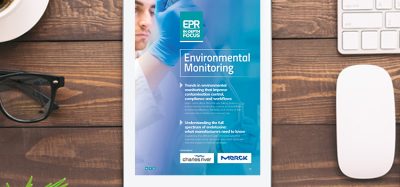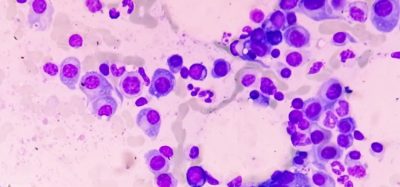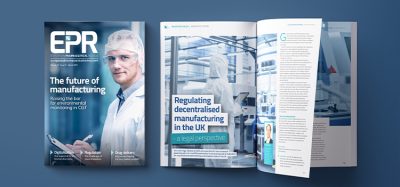WHO stresses need for new treatments to reduce antimicrobial resistance
Posted: 12 June 2020 | Victoria Rees (European Pharmaceutical Review) | No comments yet
Following a record level of data collated by WHO, the organisation has emphasised that new antibiotics need to be developed to tackle the rise of global antimicrobial resistance.


According to the World Health Organization (WHO), a record number of countries are now monitoring and reporting on antibiotic resistance, but the data they provide reveals that a concerning number of bacterial infections are increasingly resistant to the medicines available to treat them.
“As we gather more evidence, we see more clearly and more worryingly how fast we are losing critically important antimicrobial medicines all over the world,” said Dr Tedros Adhanom Ghebreyesus, Director-General of WHO. “These data underscore the importance both of protecting the antimicrobials we have and developing new ones, to effectively treat infections, preserve health gains made in the last century and ensure a secure future.”
The WHO’s Global Antimicrobial Resistance and Use Surveillance System (GLASS) currently aggregates data from more than 64,000 surveillance sites with more than two million patients enrolled from 66 countries across the world, having grown exponentially from its 2018.
“The enormous expansion of countries, facilities and patients covered by the new antimicrobial resistance (AMR) surveillance system allows us to better document the emerging public health threat of AMR,” said Dr Hanan Balkhy, Assistant Director-General for AMR at WHO.
WHO emphasises that high rates of resistance among antimicrobials frequently used to treat common infections, such as urinary tract infections or some forms of diarrhoea, indicate that the world is running out of effective ways to tackle these diseases. For instance, the rate of resistance to ciprofloxacin, an antimicrobial frequently used to treat urinary tract infections, varied from 8.4 percent to 92.9 percent in 33 reporting countries.
The organisation is concerned that the trend will further be fuelled by the inappropriate use of antibiotics during the COVID-19 pandemic. Evidence shows that only small proportion of COVID-19 patients need antibiotics to treat subsequent bacterial infections and WHO has issued guidance not to provide antibiotic therapy or prophylaxis to patients with mild COVID-19 or to patients with suspected or confirmed moderate COVID-19 illness unless there is a clinical indication to do so.
Dr Balkhy, said: “We believe this clear guidance on the use of antibiotics in the COVID-19 pandemic will both help countries tackle COVID-19 effectively and prevent the emergence and transmission of AMR in the context of the pandemic… We must bolster global co-operation and partnerships including between the public and private sectors to provide financial and non-financial incentives for the development of new and innovative antimicrobials.”
To support this effort, WHO has released two documents on target product profiles to guide development of new treatments for common resistant bacterial infections and an economic model that simulates the costs, risks and possible return on investment of antibacterial drug development.









